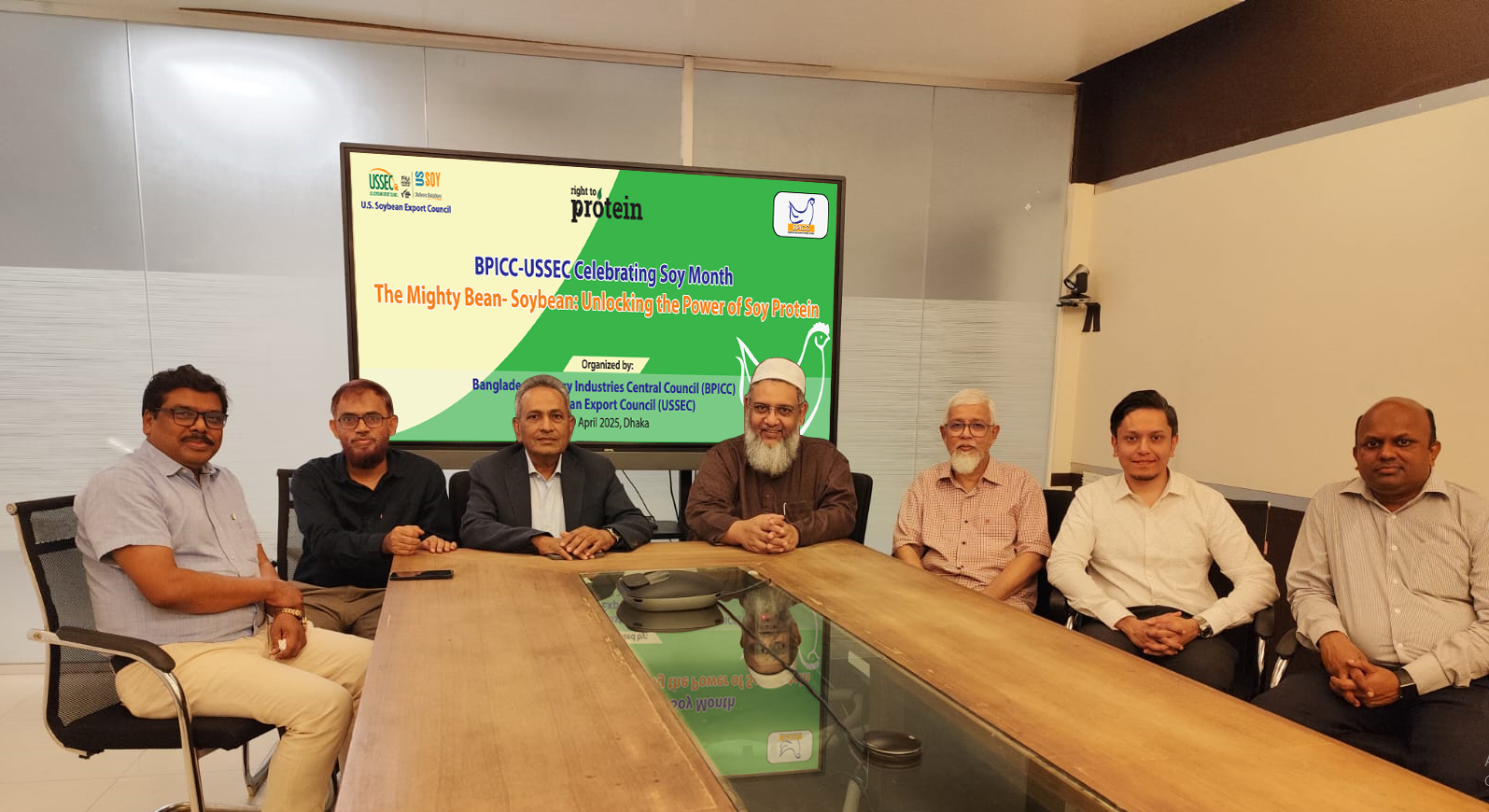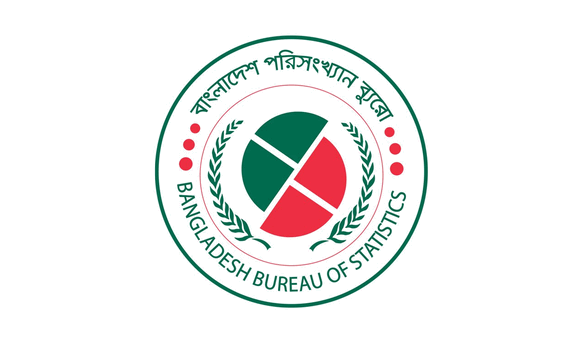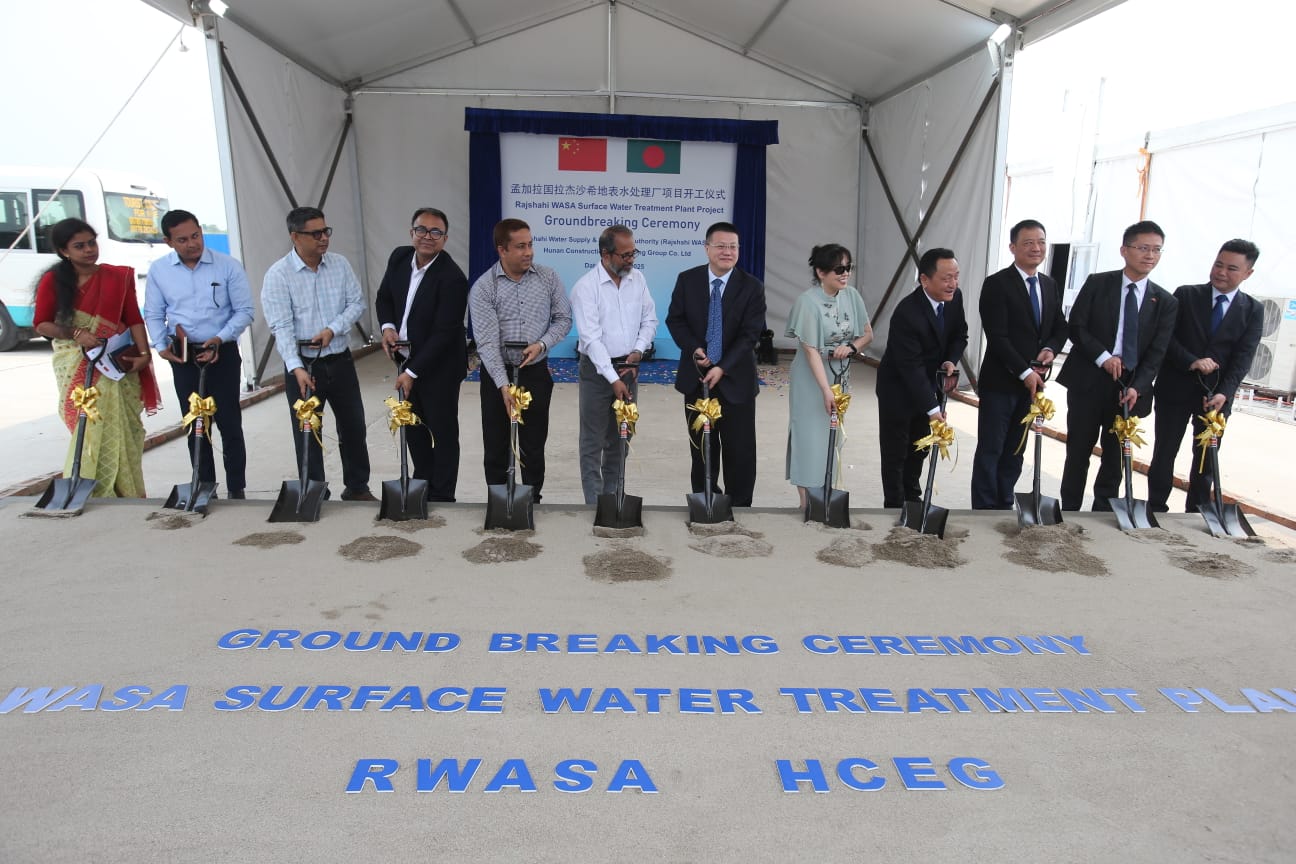
Bangladesh’s startup ecosystem has seen remarkable growth in the last decade, with over 1,200 active startups and nearly $1 billion raised in funding. A significant portion of this, approximately 76%, has been sourced through venture capital, according to ICT Division Secretary and Startup Bangladesh Limited Chairman Shish Haider Chowdhury. This growth was celebrated at the Bangladesh Investment Summit 2025, which kicked off with the inauguration of Bangladesh Startup Connect 2025 at the Hotel InterContinental Dhaka.
The summit, which has attracted global investors, visionary startup founders, and ecosystem builders, has served as a platform for exploring opportunities in Bangladesh’s rapidly growing digital economy. Chowdhury emphasized the significant role of startups in addressing key national challenges across sectors like healthcare, agriculture, education, and logistics. He further highlighted that Bangladesh’s startup ecosystem is becoming a driving force behind the country’s ambition to reach a trillion-dollar economy by 2030.
“The local startups are solving real-world problems, and the country is now a part of the global innovation map,” Chowdhury said. He also noted that with more than 300 local and international investors showing interest in Bangladesh’s innovation landscape, the country is poised for continued growth in the sector.
The summit features over 70 speakers, including leaders from 25 venture capital firms, as well as a range of changemakers and entrepreneurs shaping the next phase of Bangladesh’s startup revolution. With a special focus on empowering youth, the event includes initiatives like the Youth Innovation Challenge 2025, which aims to empower young innovators across the country.
In another exciting development, Bangladesh Bank Governor Ahsan H Mansur announced plans to launch a Tk900 crore fund dedicated to supporting startups. This fund will be sourced from private commercial banks, with Bangladesh Bank contributing an additional Tk500 crore as co-financer. The money will be allocated exclusively for equity investments in promising startups, ensuring that emerging businesses have the capital they need to scale.
“This fund is just the starting point. We aim to grow it in parallel with the expansion of the startup sector,” Mansur said. The announcement reflects the government’s commitment to fostering entrepreneurship and providing financial support for the growing ecosystem.
Meanwhile, the government is also working to improve the legal and regulatory framework for businesses. Faiz Ahman Taiyeb, Special Assistant to the Chief Adviser on ICT, addressed concerns about internet shutdowns, reassuring stakeholders that the provision for shutting down the internet under the Telecommunication Act 2001 will be repealed. “We are working to make internet access a fundamental civic right,” Taiyeb emphasized. The move is part of a broader effort to ensure a stable and supportive digital infrastructure for startups and businesses.
Taiyeb also noted that the government plans to further reduce internet prices, bringing them in line with regional standards. These efforts, along with a strong focus on data governance and interoperability, are expected to enhance the digital landscape for startups, allowing entrepreneurs to access valuable data and build more innovative products.
Adding to the discussion, Ashik Chowdhury, Executive Chairman of the Bangladesh Investment Development Authority (Bida), spoke about the government’s ongoing efforts to streamline business operations. He pointed to the challenges startups face in the country, such as the cumbersome process of obtaining and renewing trade licenses, and suggested that reforms are underway to simplify these procedures. Chowdhury stressed the importance of creating an ecosystem where businesses can thrive without being bogged down by bureaucratic hurdles.
“Once foreign investors and entrepreneurs experience Bangladesh’s startup ecosystem firsthand, their perception changes dramatically. We have a unique opportunity to reshape the business climate here,” Chowdhury said.
He emphasized the need for deeper reforms to address foundational challenges in the ecosystem, including regulatory processes, access to funding, and government support. The summit’s focus on policy dialogues, sector-specific discussions, and cross-border collaborations is seen as crucial to creating the right environment for startups to flourish.
As Bangladesh continues its push towards becoming a global innovation hub, the government’s initiatives to provide capital, improve infrastructure, and create a more business-friendly environment are positioning the country as an attractive destination for both local and international entrepreneurs.
The summit, which is set to continue over the next few days, has brought together leaders from various sectors, ranging from ICT and venture capital to academia and policy. It highlights Bangladesh’s potential to become a regional leader in innovation, entrepreneurship, and economic growth. With a focus on youth empowerment, investment facilitation, and startup acceleration, Bangladesh is clearly on track to become a key player in the global startup ecosystem.








